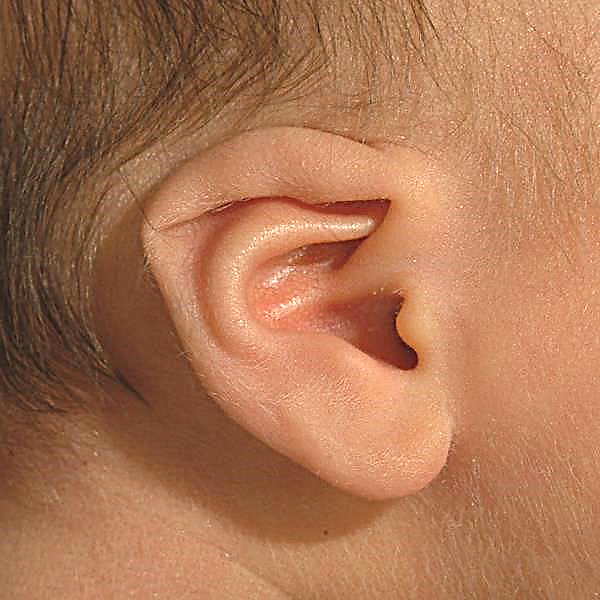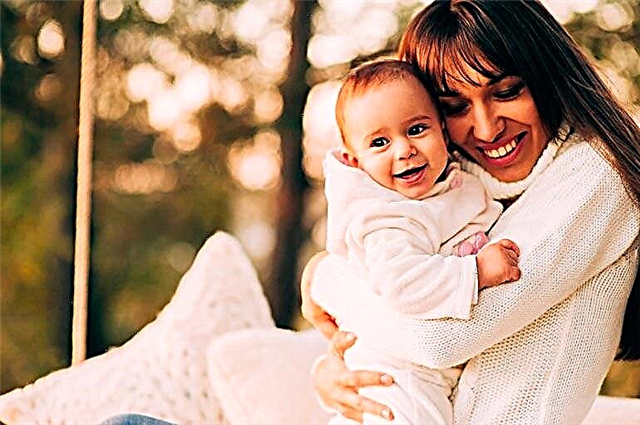"Do not communicate with Vanya, he is a bully! Katya has a dysfunctional family, such friendship will not teach anything good! And so that we don't see you next to Maxim either!" How often do parents disapprove of a child's choice of friends? Is it right to intervene in these issues, or is it worth letting your child decide who to communicate with? In what situations is adult help still needed, and where will it only hurt?
“Unwanted” friends are children who are not like your child, whose behavior does not fit into the moral framework of society. How to convey information to a child with whom he should be friends and with whom not. And how not to hurt his feelings?

At the youngest two or three years of age, children do not have a clear understanding of friendship; awareness comes already in school years. Kids communicate with those who happen to be nearby. The social circle is constantly changing and depends on which sandbox the child is playing in today. When the parents for some reason are not satisfied with the environment of the baby, it is enough to change the place of walks. The child himself will not remember with whom he played yesterday. The situation is more complicated in kindergarten, where groups have already been formed, and the child spends a lot of time with other children. But even here there is still no friendship in the usual sense. Children quickly wean themselves from each other. The first true friends appear at school, and it is quite difficult to influence the choice of a child.
How children choose friends at school
No wonder they say "you can't fool children." They are sincere in their expressions of emotion and feel false about themselves. Hence the principles of the child's choice of friends can be distinguished.
- Children are friends with those with whom they like to communicate. Boys and girls converge on a background of common interests and activities. Masha and Katya go to dances together, and Dima and Vasya play one computer game. They have something to talk about, and something to learn from each other.
- Schoolchildren do not look at the religion and financial situation of a friend. On the contrary, the differences generate additional interest. A child from a wealthy family may sometimes have a desire to learn how ordinary people live, and a Christian begins to become interested in the history of Islam. There is nothing terrible in this.
- There is often no benefit in friendship. A child is unlikely to become friends just because someone is useful to him. Losers, of course, cheat from excellent students, but they deliberately make themselves great friends of a few.
- Children are looking for in friends what they lack in themselves. If a child has contacted a bully, they are likely to lack confidence. There is an addition of each other's qualities. With age, an understanding of their own I is formed, so children less often imitate each other.
Look critically at the parenting methods you use. If a child is drawn to "bad" guys, then he involuntarily tries to learn from them courage and independence. Perhaps you are driving the child into too rigid a framework, preventing him from turning around and feeling like a person. Scolding bullies so that your child is not friends with them can have the opposite effect. An inevitable stage of growing up is rebellion, hence you may not agree with you and communicate spitefully.

Methods of interacting with the child
Friends are not just chosen, there is always a reason. The neighbor boy seems to you a sloven, but your son stubbornly communicates with him. All because he saw how he heroically rescued the kitten from the roof of a two-story house. Parents cannot always discern the good qualities that children see. Try to be more attentive to the child's stories, establish good relations with the parents of friends, observe the development of friendship from the outside, but do not interfere unnecessarily. Friendship and communication are the basis of development, and the parent's task is to gently guide the child in order to avoid negative consequences.
Emergencies involving alcohol, drugs or delinquency are special cases. Here you need to define the boundaries as clearly as possible.
The atmosphere of mutual understanding in the family will be a good help in the processes of influence. When a child willingly shares his experiences and talks about new acquaintances, it is easier to control the situation. If your friends don't seem very good to you, don't jump to conclusions. A bully can be a loyal friend, and a loser can be a successful athlete. Have the child invite a friend to his home. This will provide an opportunity to get to know each other personally and draw the right conclusions about the person.
Take a closer look at how they communicate with each other, whether there are elements of imitation. If you identify a negative impact on your child, when, for example, there is an unequal relationship between them and someone is subordinate to someone, talk to him tactfully. Inadvertently tell a personal story, albeit a fictional one, about your fear. Your task is to give the child information, warn him, leaving the right to choose for him. Try to talk about relationships more often. Talk about what a real friendship should be. So it will be easier for the child to navigate in a particular situation.



